
Nuraan Fakier, Michelle Singh and Thomas Nyirenda
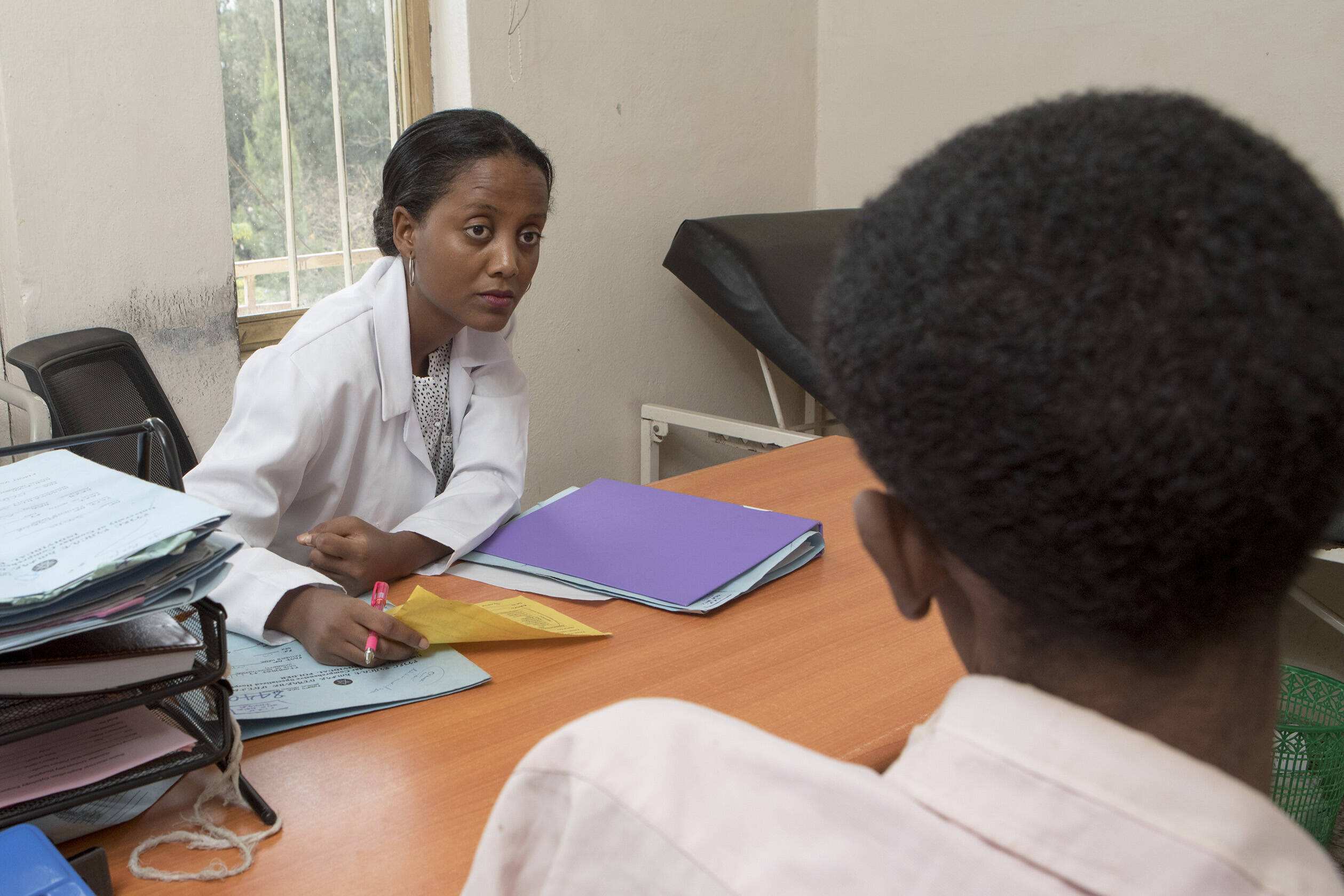
2014-2021
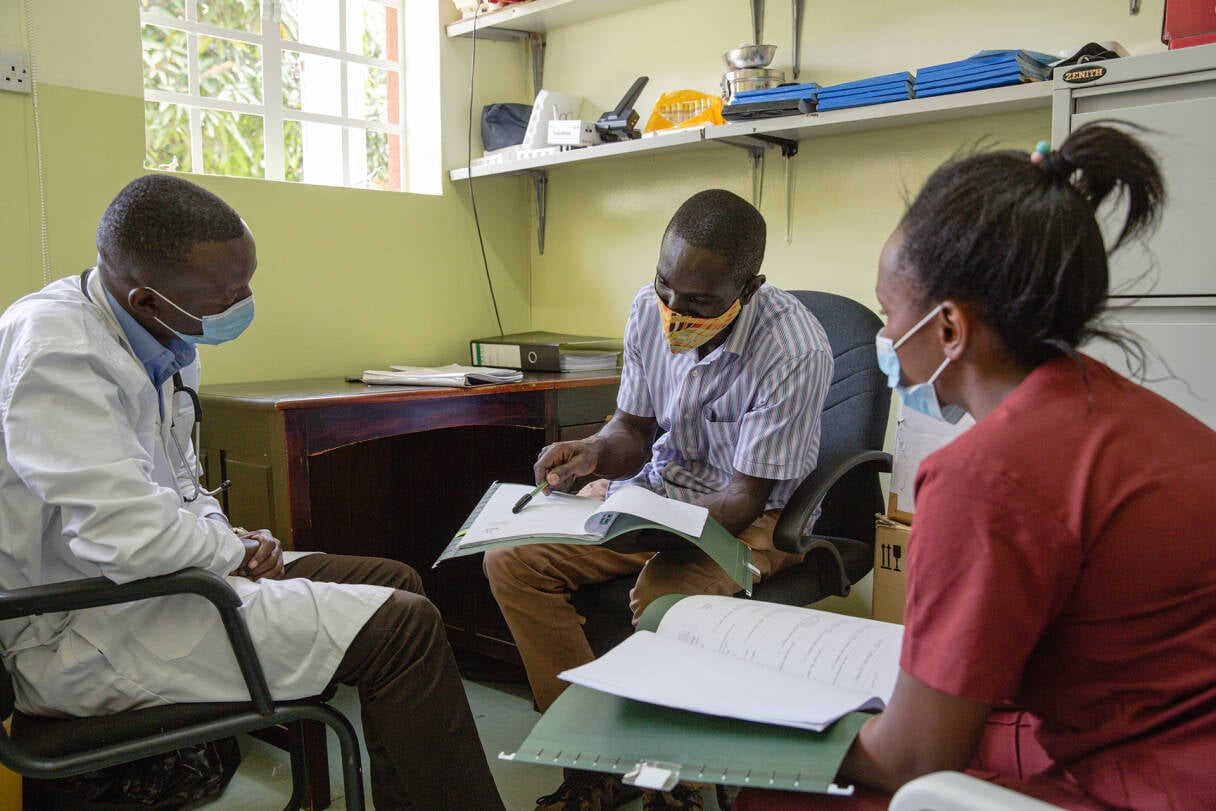
EDCTP funding for ethics started in 2005 under the first EDCTP programme (EDCTP1) with the aim of supporting health research ethics committees to strengthen their procedures and functionality, and to ensure their independence and sustainability. EDCTP’s support for capacity strengthening for research ethics in Africa is handled separately from funding for clinical trials to avoid any potential conflict of interests and recognising that ethics is a discipline with its own agenda.
In EDCTP2, strengthening ethics capacity was combined with strengthening regulatory capacity. The objective was to use a synergetic approach to strengthen at the national level (namely national ethics committees and national regulatory authorities), allowing countries to determine the types of support they needed and at which levels, such as institutional review boards, and to encourage alignment with the national ethics agenda. There is also a need to promote linkages between ethics and regulatory functions with clinical trial registration and systematic research reviews. EDCTP’s ethics scheme therefore encourages the adoption and uptake of African Vaccine Regulatory Forum (AVAREF), World Health Organization (WHO), and other international standards and best practices by countries, groups of countries and regional harmonisation initiatives.
Regional and (inter)national collaboration: Pan-African Clinical Trials Alliance (PACTA)
Since its inception EDCTP and its partners have recognised the role of ethics committees, regulatory agencies, and the Pan African Clinical Trials Registry (PACTR) as key components for approval, systematic archiving and synthesising clinical research results for guiding policy and practice. EDCTP funded the establishment of PACTR at the Cochrane Centre based at Medical Research Council in South Africa. In 2019, EDCTP supported a PACTA Conference chaired by the African Union Development Agency – New Partnership for African Development (AUDA-NEPAD), where African practitioners from the three areas of clinical research oversight discussed ways of collaboration in advancing their capacities. The report of this conference is available here: PACTA report. Progress made after the conference includes:
- AVAREF and NEPAD have conducted several webinars in the context of COVID-19 research to assist countries to define the organisation and governance of ethics bodies and to implement processes for quality assurance of ethics reviews.
- AVAREF virtual meetings have been held to strengthen collaboration between regulators and ethics professionals at national and regional levels. An example is the AVAREF/ WHO/Multi-Regional Clinical Trials (MRCT) training of trainers from African National Ethics Boards in harmonised ethics principles in order to achieve a transparent and harmonised ethics review and trial approval process within and across countries to reduce duplication, enhance efficiency, and promote sharing of best practices.
- PACTR has organised training on systematic reviews within and outside the context of COVID-19 research to build capacity to handle big data, including database management and systematic reviews.
- EDCTP worked within the National Health Research Systems Strengthening framework of WHO to engage policymakers from its African member states to advance their self-assessments, the results of which will be published shortly.
- A public platform showing research site capabilities as a tool for researchers and regulators has been implemented by the Africa Academy of Science (AAS) (aasciences.africa).
Innovation in ethics and regulatory review
Introducing ethics review legislation
Whilst capacity has improved greatly, there remain some African countries where legislation for clinical trials does not exist. The “Biomedical Ethics and Regulatory Capacity Building Partnership for Portuguese Speaking African Countries” (BERC-Luso project) (https://www.berc-luso.com) aims to establish and develop well-grounded, sound, robust and sustainable ethics and regulatory capacities in five Portuguese-speaking African partner countries (Angola, Cape Verde, Guinea-Bissau, Mozambique, Sao Tome and Principe). The project is drafting national legislation governing the conduct of clinical trials in order to provide the conditions for the development of biomedical research and specifically clinical trials in these countries as well as the adoption of international best practices, thus assuring populations’ protection and countries’ development.
EDCTP1 funded the Mapping African Research Ethics and Drug Regulatory Capacity (MARC) project. The MARC project (https://www.healthresearchweb.org/) was a three-year initiative, which aimed to develop an interactive resource map of Africa’s HRECs and provide a web-based platform to increase contact and communication between African HRECs. A secondary objective was to map Medicines Regulatory Authorities (MRAs) and facilitate better links between MRAs and HRECs. To that end, MARC and the Health Research Web teams developed an information management system named the Research for Health and Innovation Organiser (RHInnO Ethics) (https://www.ethixpert.org.za/rhinno-ethics/). RHInnO Ethics was first developed by the Council on Health Research for Development (COHRED) and is now owned, managed and coordinated by EthiXPERT.
Ethics committees are increasingly adopting online review methods and programmes, such as RHInnO Ethics. RHInnO Ethics produces important performance indicators for ethics committees, sends real-time alerts and reminders to researchers, reviewers and administrators hence increases efficiency. It can be used to report on and monitor Serious Adverse Events (SAEs) thus enhancing the ethics committee’s pharmacovigilance practices. It also has a ‘national’ version, that enables national ethics committees to provide accreditation and to monitor the quality and performance of institutional committees. The overall objective of the RHInnO Ethics platform is to provide national ethics committees and institutional review boards with a tool to collect, collate, analyse and display information on health and other research conducted in their countries. Of course, implementing innovative systems in sub-Saharan Africa is not without challenges, which include internet connectivity, cost and maintenance of systems, equipment and IT support.
Through its funding, EDCTP has supported national ethics committees to implement online systems such as RHInnO Ethics. The investment in online solutions has helped to streamline ethics review (hard copies of protocols are no longer required) and has made remote review easier, especially with committees operating virtually during the COVID-19 pandemic.
Pandemic ethics
The MARC project is a sterling example of EDCTP building on its investment from EDCTP1 and promoting its roll-out in EDCTP2. Innovative technological solutions, such as this, improve the efficiency of working during a pandemic.
Strengthening ethics and regulatory systems is not only essential for conducting trials where the burden of disease is highest, but is also critical to conducting research during epidemics, such as the COVID-19 pandemic. The pandemic has highlighted the importance of rigorous and efficient ethics and regulatory approval. Ethics committees, supported by EDCTP, have drafted Standard Operating Procedures for expedited review and prepared an Outbreak Preparation Plan, which have, facilitated the procedures for roll-out of COVID-19 vaccines.
EDCTP funding of ethics and regulatory activities
Since 2005 EDCTP has dedicated its efforts to ensure that all sub-Saharan African countries hosting clinical trials have functional and effective ethics and regulatory review structures at institutional, national and regional levels. EDCTP continues to develop its funding strategy to build upon successes and lessons learned, and through working with partners such as Africa CDC, WHO-AFRO and AUDA-NEPAD to achieve this.
EDCTP-supported ethics and regulatory projects are being conducted in 38 sub-Saharan African countries.
In the earlier years of EDCTP funding clinical trials in sub-Saharan Africa, it became apparent that there was limited local ethics and regulatory capacity for reviewing and approving clinical trials’ applications. Robust ethics committees (and national regulatory agencies where applicable) should be available to review clinical research applications in all countries where EDCTP-funded clinical trials take place to ensure the research is conducted in accordance with the highest ethical standards, respecting the dignity, rights, safety and well-being of participants, and complies with the local regulatory requirements. In some cases this required EDCTP to support the functioning of ethics and regulatory committees or promote international cooperation, while in others funding was needed for innovative training and mentorship to support existing ethics and regulatory functions.
scroll down
EDCTP’s contribution towards strengthening ethics and regulatory capacity in Africa
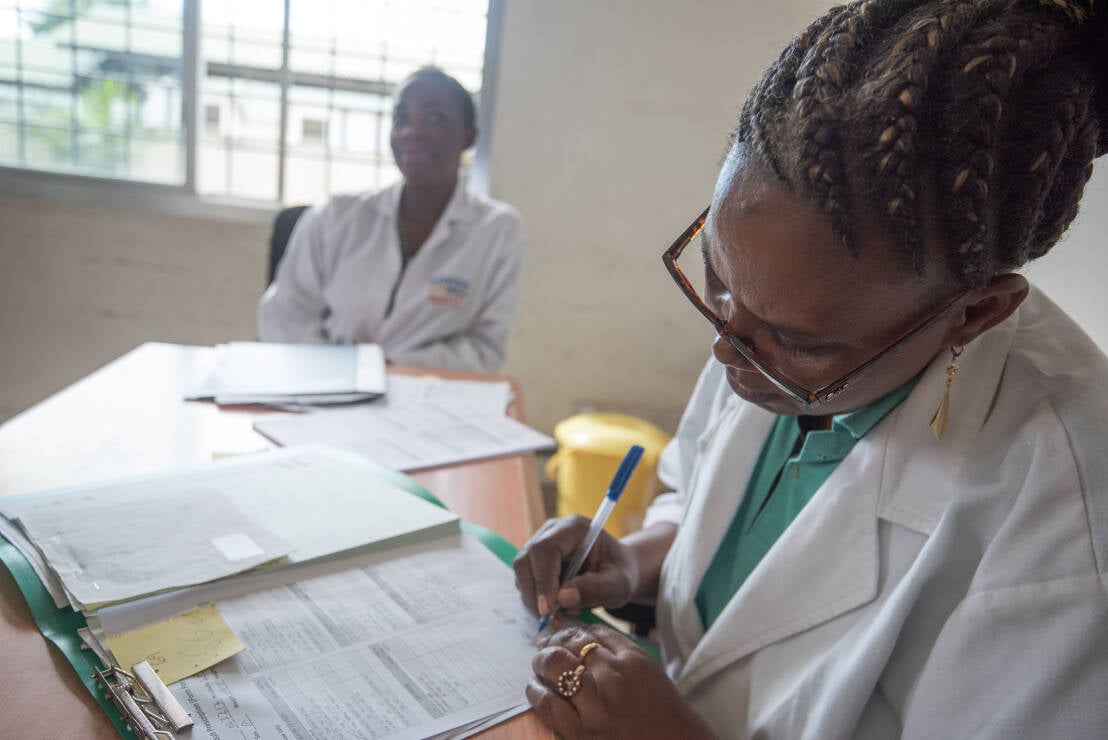
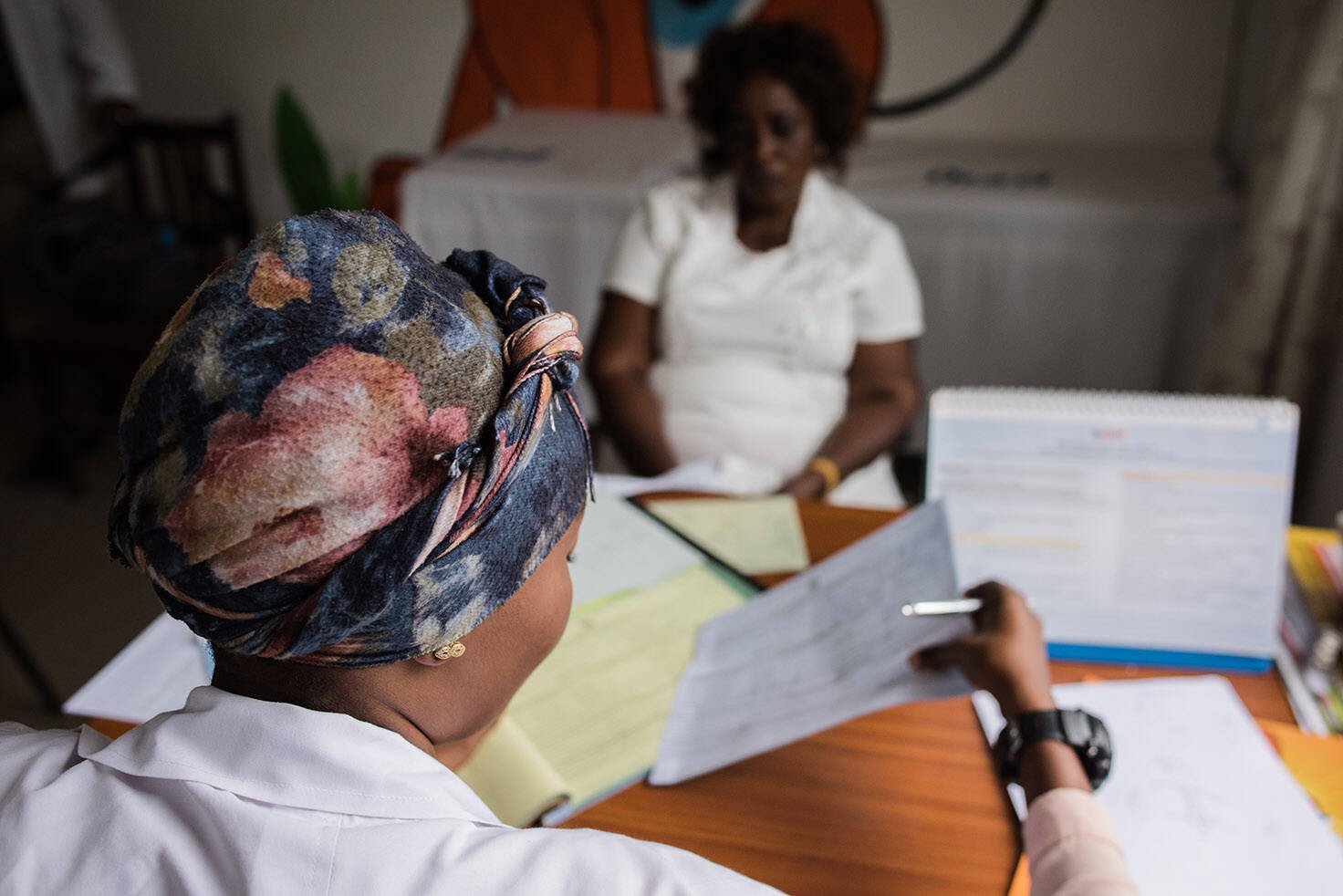
Establishment of new national ethics committees where these do not exist.

€15.89 M
46 grants
Improved efficiency of national ethics committees in providing research ethics oversight.
Improved compliance of legal frameworks for national ethics committees and national regulatory authorities with international standards.
More efficient turnaround times of study protocols and effective pharmacovigilance reporting.
Higher qualified staff of national ethics committees and national regulatory authorities in research ethics and ethics evaluation.
Increased public awareness of research ethics review and regulatory oversight of clinical trials.







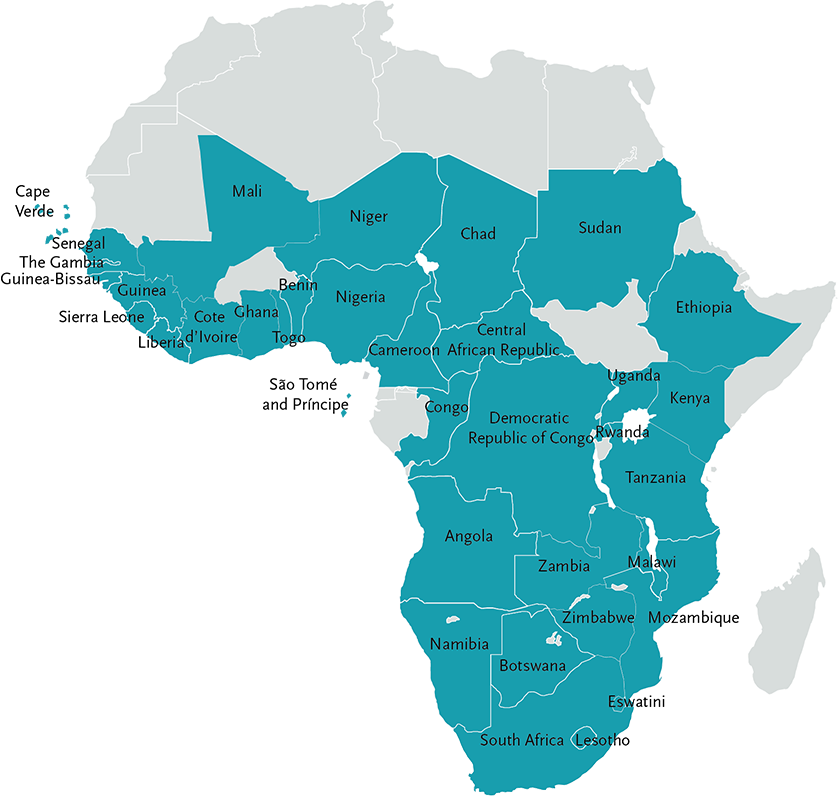
scroll down
Nuraan Fakier, Michelle Singh and Thomas Nyirenda
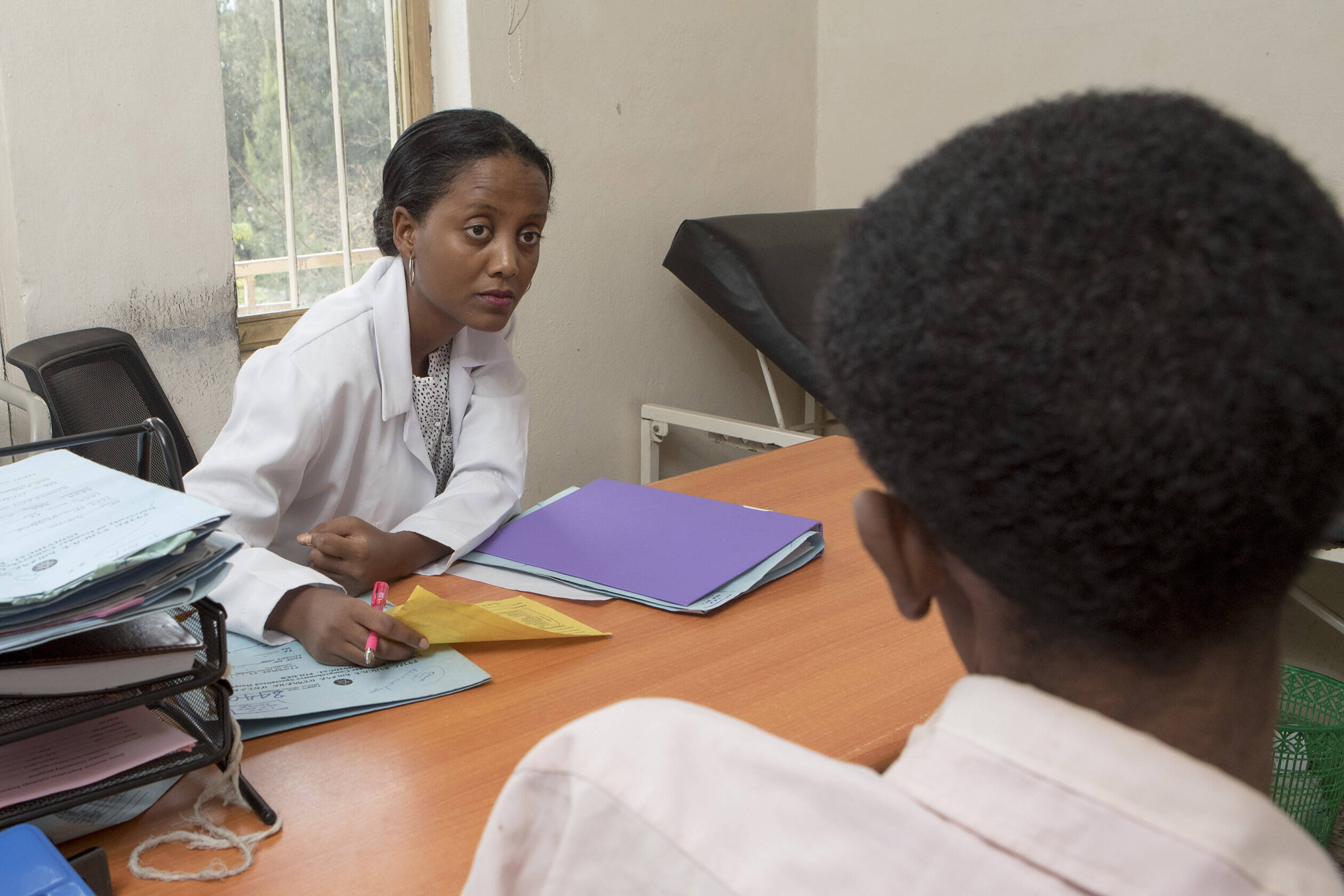

EDCTP funding of ethics and regulatory activities
Since 2005 EDCTP has dedicated its efforts to ensure that all sub-Saharan African countries hosting clinical trials have functional and effective ethics and regulatory review structures at institutional, national and regional levels. EDCTP continues to develop its funding strategy to build upon successes and lessons learned, and through working with partners such as Africa CDC, WHO-AFRO and AUDA-NEPAD to achieve this.
TESA
The Trials of Excellence in Southern Africa (TESA) was set up in 2009 and is investing in the establishment of an accredited referral data management centre. It already has three referral laboratories in different countries within Southern Africa which serve as training platforms. Experienced TESA research centres also function as training platforms for clinical research studies using an on-the-job training approach.
Currently, most successful research programs in Africa are being carried out by international consortia or networks. Therefore, TESA collaborates with various other networks that operate in the region, e.g. the MOSASWA (Mozambique, South Africa, Swaziland Cross-Border Malaria Initiative), ARISE (Africa Research Initiative and Support Network) and ECRIN (European Research Infrastructure). In addition, TESA has been very active and successful in bringing Namibia, Angola and Eswatini within the network.
EACCR
The East African Consortium for Clinical Research (EACCR) was set up in 2009. It has been involved in projects on the retention of HIV-infected mothers and their babies in HIV care, and in HIV pharmacovigilance in young people. On malaria, it has been involved in epidemiological studies and clinical trials of artemisinin-based combination therapy and antimalarial resistance. Additionally, the network is successfully collaborating with the East African Community Health Research Commission (EACHRC) on regional sharing of research evidence and actively facilitating researcher-policymaker dialogue.
The network also invests in preparing resource-limited clinical research sites to conduct clinical trials on the infectious diseases that burden the region. EACCR has developed an e-learning centre that hosts peer-reviewed and globally applicable short courses required for high-quality clinical studies. This is currently being strengthened by the addition of a regionally harmonised training course to qualify as Clinical Research Associate.
Importantly, it established a regional pool of trained clinical trial monitors to support a high quality of clinical trials across the region. EACCR’s reciprocal monitoring scheme is an innovative, practical and affordable scheme for quality management of health research. The monitors are qualified to be independent monitors, some also having accreditation with the Association of Clinical Research Professionals. To date, several clinical research studies (vaccine trials, drug safety studies, epidemiological studies and longitudinal intervention studies) across Africa have been monitored by EACCR monitors.
Pandemic ethics
Strengthening ethics and regulatory systems is not only essential for conducting trials where the burden of disease is highest, but is also critical to conducting research during epidemics, such as the COVID-19 pandemic. The pandemic has highlighted the importance of rigorous and efficient ethics and regulatory approval. Ethics committees, supported by EDCTP, have drafted Standard Operating Procedures for expedited review and prepared an Outbreak Preparation Plan, which have, facilitated the procedures for roll-out of COVID-19 vaccines.
Moreover, the network keeps investing in training activities to strengthen pharmacovigilance, national regulatory authorities and ethics committees, a regional capacity gap which is being addressed with urgency.
Addressing the gender gap in clinical research capacity is another priority area for CANTAM which led it to develop a strategy to involve more women in medical research. The network initiated a project entitled ‘Women and Science’ which promotes ‘Girls in science’ in local schools and aims to mitigate the marginalisation of female scientists through the establishment of a career development fellowship for post-doctoral female researchers in Central Africa. This project is being rolled out across Central Africa via the EDCTP-funded fellowship programme WISE which aims to strengthening gender capacity in clinical research within the CANTAM network.
Introducing ethics review legislation
Whilst capacity has improved greatly, there remain some African countries where legislation for clinical trials does not exist. The “Biomedical Ethics and Regulatory Capacity Building Partnership for Portuguese Speaking African Countries” (BERC-Luso project) (https://www.berc-luso.com) aims to establish and develop well-grounded, sound, robust and sustainable ethics and regulatory capacities in five Portuguese-speaking African partner countries (Angola, Cape Verde, Guinea-Bissau, Mozambique, Sao Tome and Principe). The project is drafting national legislation governing the conduct of clinical trials in order to provide the conditions for the development of biomedical research and specifically clinical trials in these countries as well as the adoption of international best practices, thus assuring populations’ protection and countries’ development.
EDCTP1 funded the Mapping African Research Ethics and Drug Regulatory Capacity (MARC) project. The MARC project (https://www.healthresearchweb.org/) was a three-year initiative, which aimed to develop an interactive resource map of Africa’s HRECs and provide a web-based platform to increase contact and communication between African HRECs. A secondary objective was to map Medicines Regulatory Authorities (MRAs) and facilitate better links between MRAs and HRECs. To that end, MARC and the Health Research Web teams developed an information management system named the Research for Health and Innovation Organiser (RHInnO Ethics) (https://www.ethixpert.org.za/rhinno-ethics/). RHInnO Ethics was first developed by the Council on Health Research for Development (COHRED) and is now owned, managed and coordinated by EthiXPERT.
Ethics committees are increasingly adopting online review methods and programmes, such as RHInnO Ethics. RHInnO Ethics produces important performance indicators for ethics committees, sends real-time alerts and reminders to researchers, reviewers and administrators hence increases efficiency. It can be used to report on and monitor Serious Adverse Events (SAEs) thus enhancing the ethics committee’s pharmacovigilance practices. It also has a ‘national’ version, that enables national ethics committees to provide accreditation and to monitor the quality and performance of institutional committees. The overall objective of the RHInnO Ethics platform is to provide national ethics committees and institutional review boards with a tool to collect, collate, analyse and display information on health and other research conducted in their countries. Of course, implementing innovative systems in sub-Saharan Africa is not without challenges, which include internet connectivity, cost and maintenance of systems, equipment and IT support.
Through its funding, EDCTP has supported national ethics committees to implement online systems such as RHInnO Ethics. The investment in online solutions has helped to streamline ethics review (hard copies of protocols are no longer required) and has made remote review easier, especially with committees operating virtually during the COVID-19 pandemic.
Regional and (inter)national collaboration: Pan-African Clinical Trials Alliance (PACTA)
Many institutions in sub-Saharan Africa lack research laboratories that are ISO accredited and comply with standards of Good Clinical and Laboratory Practice. The establishment of the NoEs provided an opportunity for systematic infrastructural upgrades in order to achieve compliance with international requirements
In 2012, EDCTP initiated a laboratory strengthening project within the four regional NoEs to systematically develop 24 clinical research and public health laboratories towards internationally recognised accreditation. The WHO-AFRO Stepwise Laboratory Improvement Process Towards Accreditation (SLIPTA) was used to benchmark and develop the selected laboratories towards accreditation. To date, seven laboratories in the networks have successfully achieved and/or maintained their ISO 15189:2012 accreditation. These are: CHU A. Le Dantec in Senegal, Medical Research Council The Gambia in The Gambia; Kenya Medical Research Institute/Centre for Disease Control (Kisian Campus) in Kenya; Medical Research Council–Uganda Virus Research Institute in Uganda; the Central Tuberculosis Reference Laboratory in Tanzania; the Manhiça Health Research Centre in Mozambique; and the Nigerian Institute For Medical Research. These accredited laboratories linked to the networks of excellence are now able to compete globally for high-quality research projects adhering to international standards.
In the earlier years of EDCTP funding clinical trials in sub-Saharan Africa, it became apparent that there was limited local ethics and regulatory capacity for reviewing and approving clinical trials’ applications. Robust ethics committees (and national regulatory agencies where applicable) should be available to review clinical research applications in all countries where EDCTP-funded clinical trials take place to ensure the research is conducted in accordance with the highest ethical standards, respecting the dignity, rights, safety and well-being of participants, and complies with the local regulatory requirements. In some cases this required EDCTP to support the functioning of ethics and regulatory committees or promote international cooperation, while in others funding was needed for innovative training and mentorship to support existing ethics and regulatory functions.
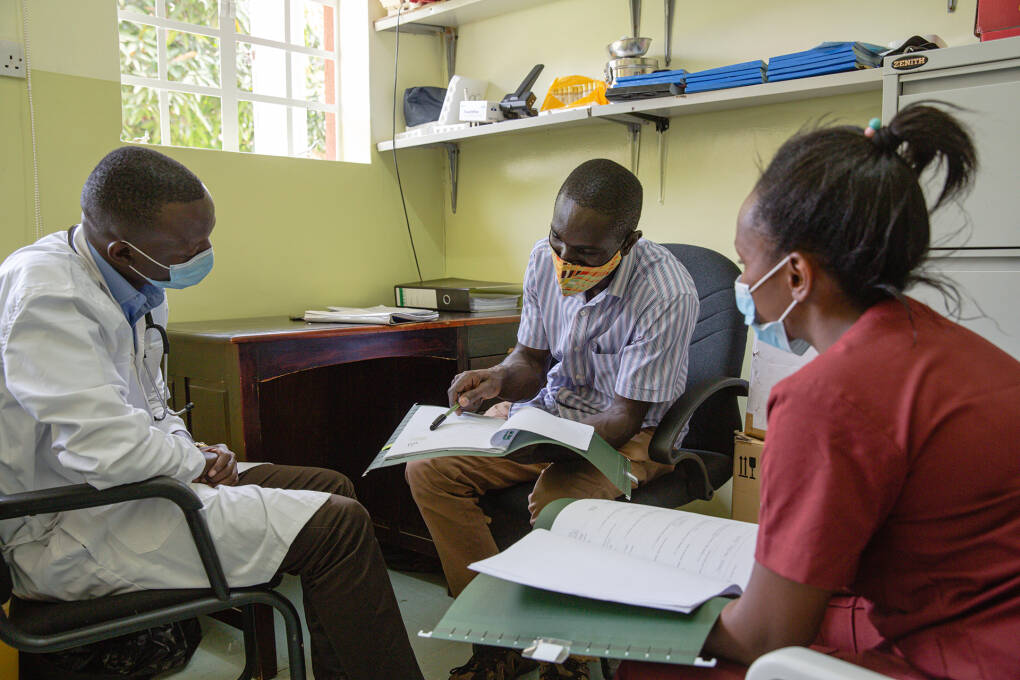
EDCTP funding for ethics started in 2005 under the first EDCTP programme (EDCTP1) with the aim of supporting health research ethics committees to strengthen their procedures and functionality, and to ensure their independence and sustainability. EDCTP’s support for capacity strengthening for research ethics in Africa is handled separately from funding for clinical trials to avoid any potential conflict of interests and recognising that ethics is a discipline with its own agenda.

